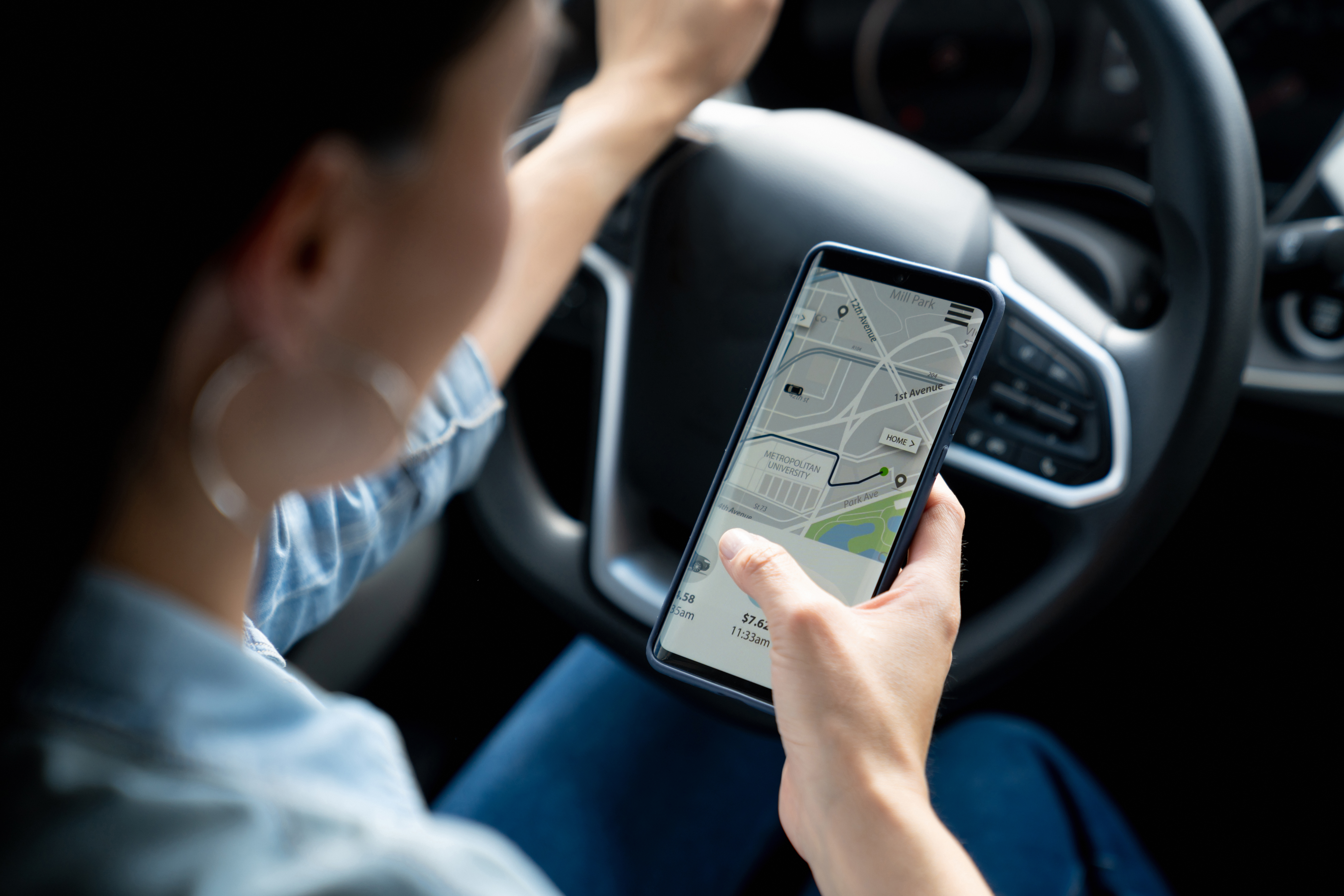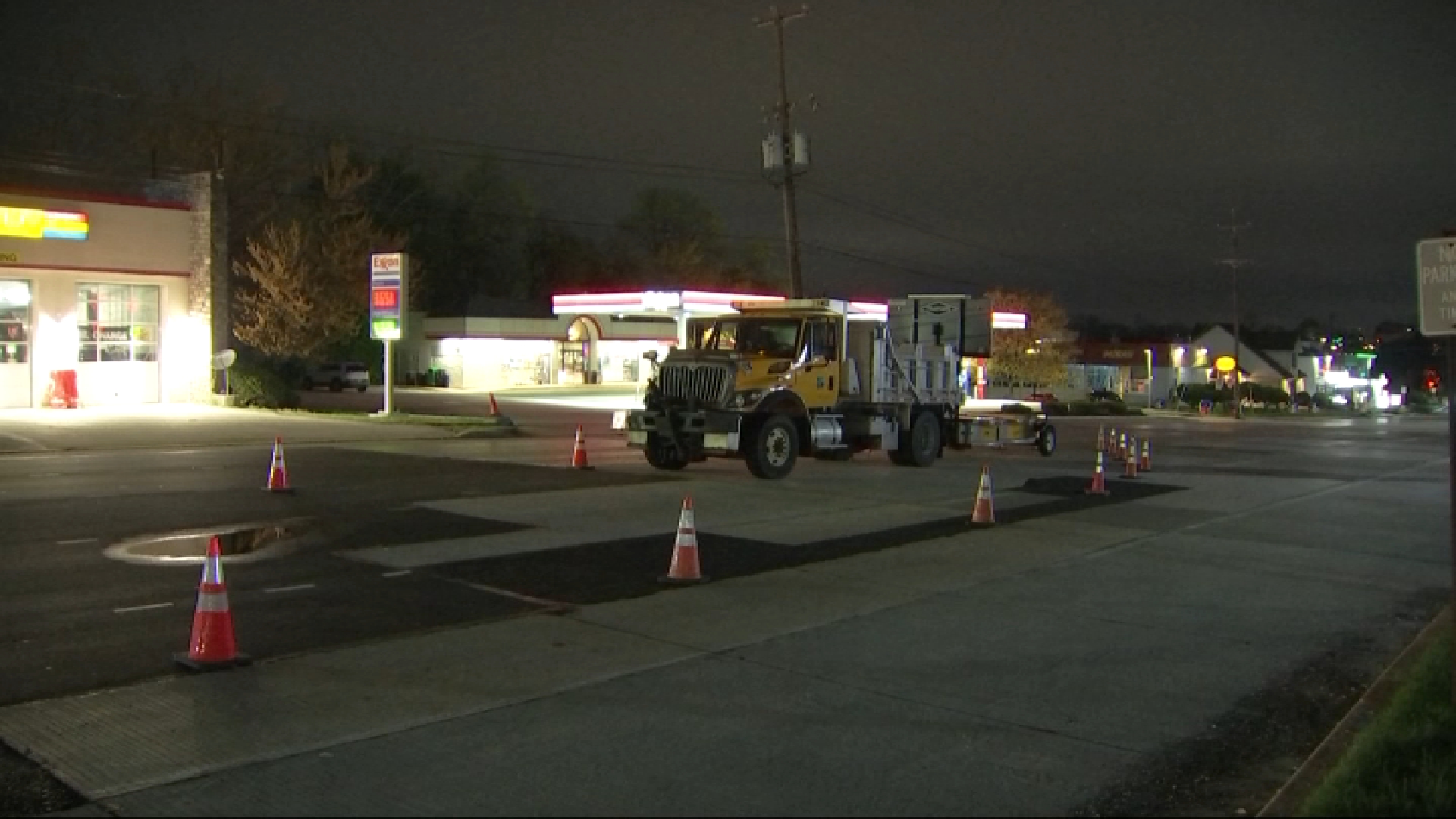SEPTA is turning to an artificial intelligence company and some strategically-placed cameras to get an idea of how often drivers illegally park in bus lanes on some of Center City Philadelphia's busiest streets.
And how often it happens might surprise you.
On Thursday, SEPTA announced a 60-day pilot with Hayden AI that will included cameras mounted on route 21 and 42 buses. The program began on April 20.
"The camera system is mounted inside buses and will automatically detect illegally parked vehicles on the Chestnut Street and Walnut Street bus lanes and at bus stops," SEPTA said in a news release.
Get Philly local news, weather forecasts, sports and entertainment stories to your inbox. Sign up for NBC Philadelphia newsletters.
Drivers haven't been punished for slowing down buses.
"While no tickets will be issued during the pilot program, the demonstration will help to show the scope of the illegal parking problem impacting transit,' SEPTA said.
Since going live on April 20, seven SEPTA buses equipped with cameras "have recorded on average over 4,000 incidences of parking in bus lanes or bus stops per week," SEPTA said.
Transportation and Transit
The pilot program has cost SEPTA northing, the transit agency said. The hope is that it helps to make buses in the city move faster.
"Bus speeds in Philadelphia average at 8 mph, slower than national averages of 13-14 mph, costing riders time and contributing to operating expenses," SEPTA said.



